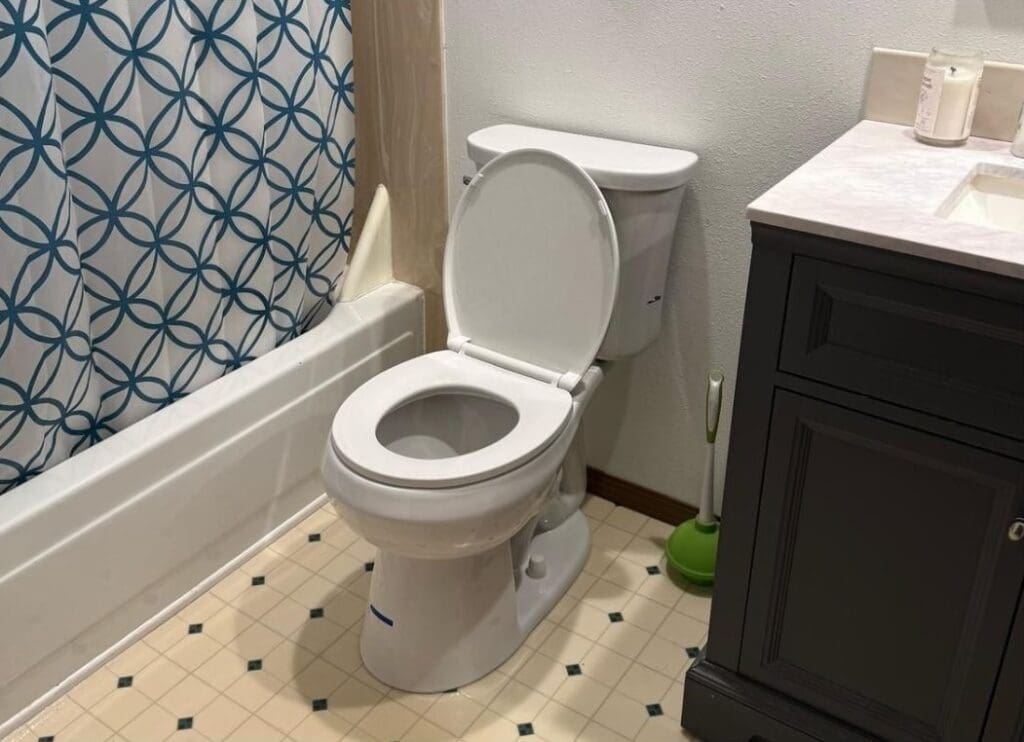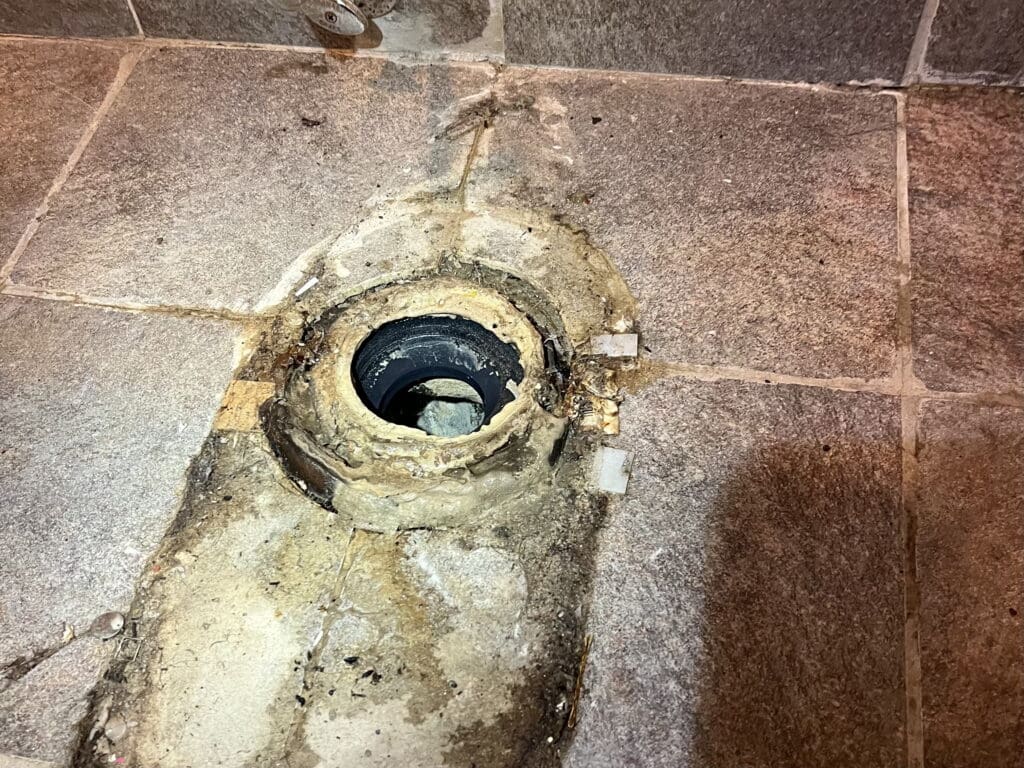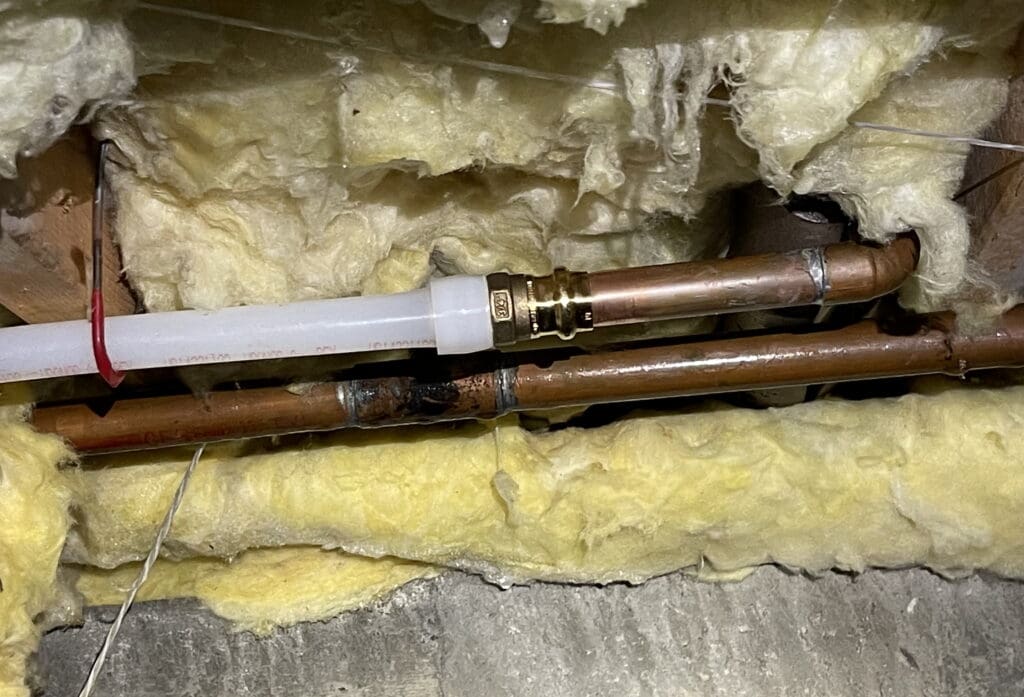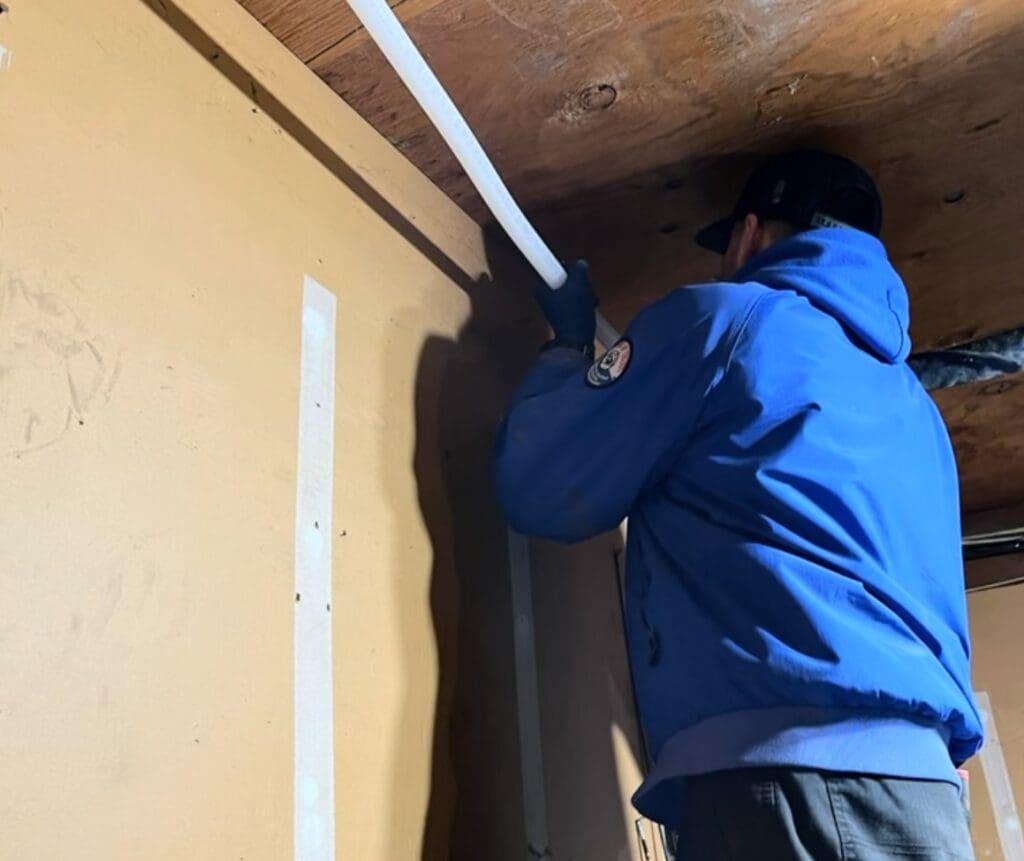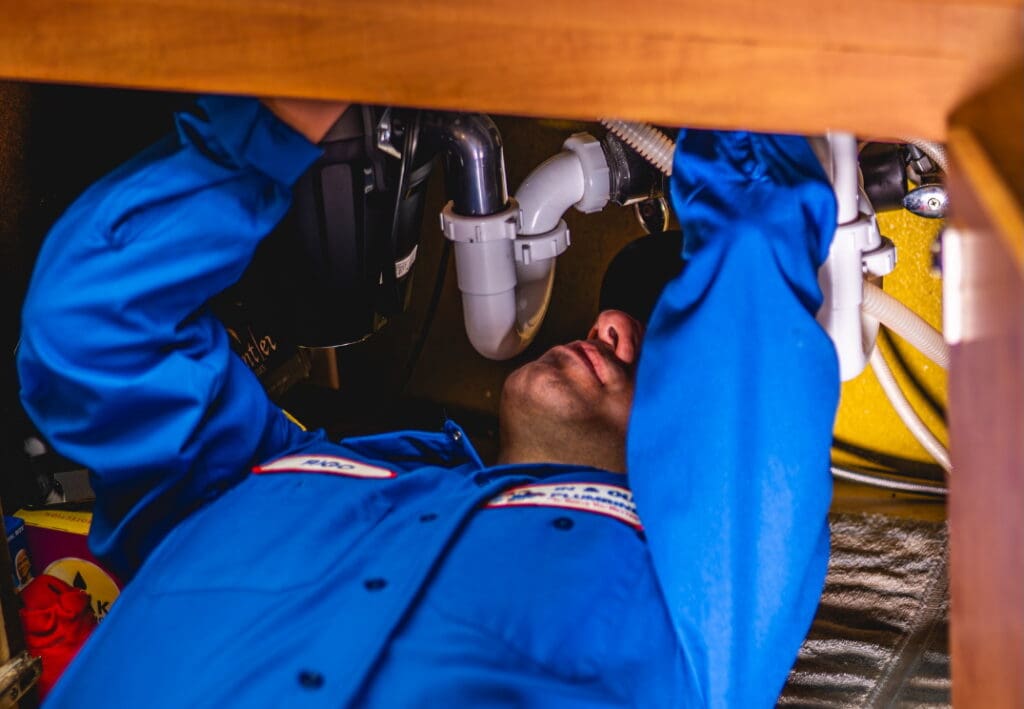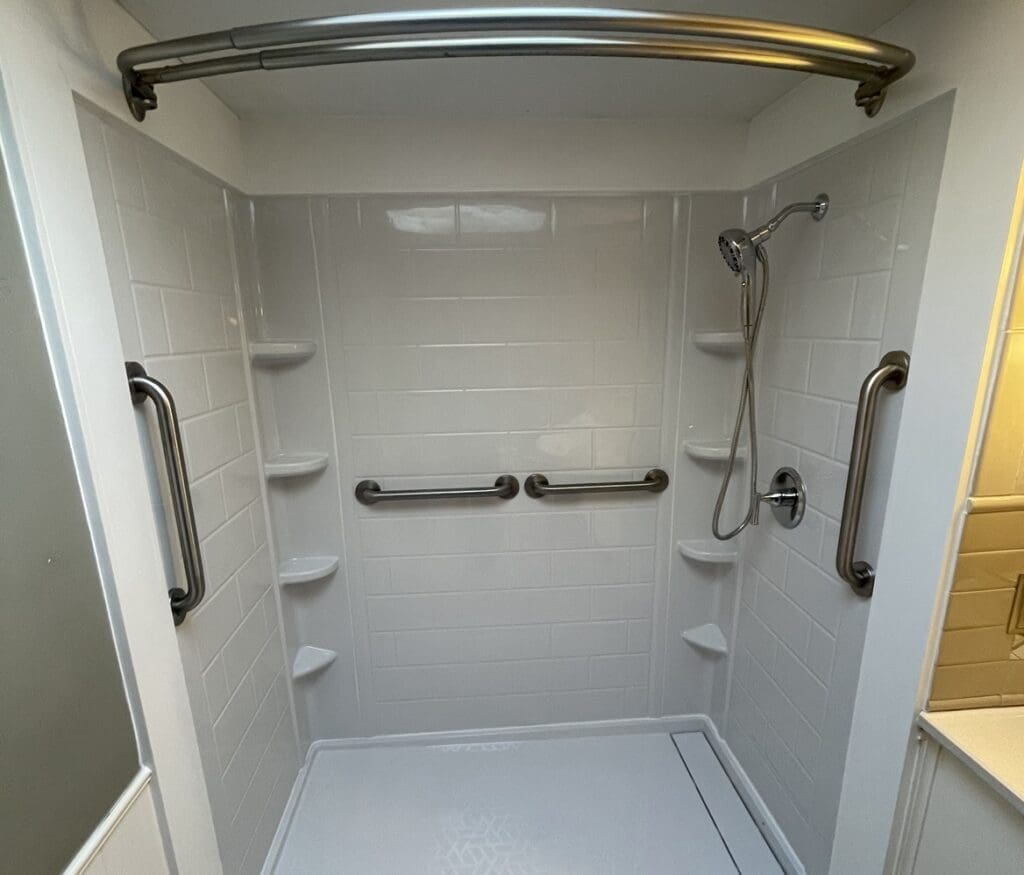If you’ve spotted water around your water heater, it’s natural to feel concerned. If ignored, this type of leak can cause water damage, raise utility costs, and eventually lead to a complete system breakdown.
For homeowners in Renton, knowing the possible causes can help you address the problem early and avoid more serious damage. In many cases, the issue points to something within your water heater plumbing, which may need repair or replacement.
Is It a Leak or Just Condensation?
Before jumping to conclusions, check to see whether the water is actually from a leak. During humid weather or when your heater is working overtime, condensation can form on the outside of the tank. If the amount of water is small and appears occasionally, wipe it up and see if it returns within a few hours.
If the pooling continues or increases, it’s time to look deeper into your water heater plumbing.
Common Causes of Water Pooling
Several different issues can lead to visible water near your heater. Here are the most common ones:
1. Faulty Drain Valve
At the base of most water heaters is a small drain valve used during tank maintenance. Over time, this valve can loosen or develop a slow leak. Check to see if there’s moisture around the valve. If it’s the source, tightening it may help. If it continues to drip, the valve may need to be replaced.
2. Leaking Pipe Connections
The pipes that connect to your water heater may become loose or corroded, especially if the unit is aging or has been under high pressure. These fittings are key parts of your water heater plumbing and should be inspected for signs of rust, moisture, or worn-out threads.
3. Pressure Relief Valve Issues
The T&P valve helps prevent dangerous pressure buildup by releasing excess pressure from your water heater. If it malfunctions or is triggered too often, it can start to leak water. In some cases, this is a safety warning that the water heater is overheating or building up too much pressure.
4. Tank Corrosion or Internal Leaks
Unfortunately, water pooling from the bottom of the unit may point to a more serious issue—an internal tank leak. This typically happens when sediment builds up inside the tank over time, weakening the inner lining and causing cracks. Leaks from the actual tank may indicate it’s time for a full water heater replacement.
Safety First: Turn Off the Power
If you suspect a leak and don’t know how long it’s been going on, it’s safest to turn off the unit until it can be inspected. For electric models, switch off the breaker in your main panel. For gas units, set the gas control valve to “off.” This helps prevent electrical hazards and reduces further water damage.
Should You Repair or Replace?
The answer depends on the cause and the age of the unit. Simple water plumbing repairs like securing a valve or changing out a damaged fitting can restore your water heater’s performance without a big expense. However, if your unit is more than 10 years old and the tank is leaking, replacing it is often the smarter and safer option.
Preventing Future Water Heater Problems
Once the current issue is handled, consider these steps to prevent future trouble:
- Schedule annual flushing to reduce sediment buildup.
- Check the T&P valve regularly to make sure it’s functioning properly.
- Inspect pipe connections for signs of corrosion or leaks.
- Monitor water pressure to avoid stress on the system.
Catching small issues early helps extend the life of your system and reduces the risk of larger, more expensive repairs.
What About Water Damage?
Even a small leak can create moisture problems in your home. If you see water pooling near walls or flooring, dry the area as quickly as possible. It can take less than 48 hours for mold to start forming when moisture is present. For more extensive leaks, you may need professional drying equipment or restoration support.
When to Call a Professional
While basic maintenance might be manageable at home, water around the base of your water heater often points to problems that need a licensed plumber’s help. An expert can identify the root cause, whether it’s an aging component, a failing valve, or a pressure imbalance. They can also make sure your water heater plumbing is in line with Renton’s local safety codes.
Related Articles:
- Water Heater Not Working in Graham? Signs You Need a Plumber
- Keeping Your South Hill Water Heater Healthy This Summer
Need Help with Water Heater Plumbing in Renton?
In & Out Plumbing specializes in water heater plumbing for Renton homeowners. Whether you’re dealing with a leak, faulty parts, or a system that’s no longer keeping up with your needs, our technicians are here to help.
We’ll inspect your system, offer straightforward advice, and complete the work safely and efficiently. We don’t upsell; we just give honest, high-quality service.
Contact us today to schedule an inspection or water heater repair. Let us help you protect your home and restore comfort fast.

